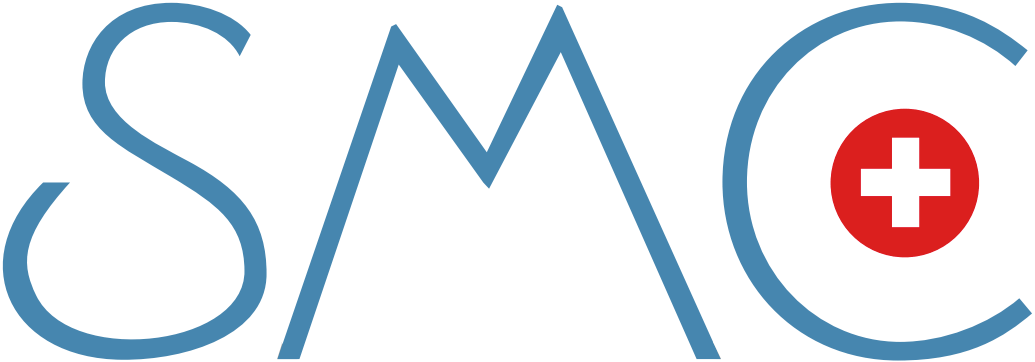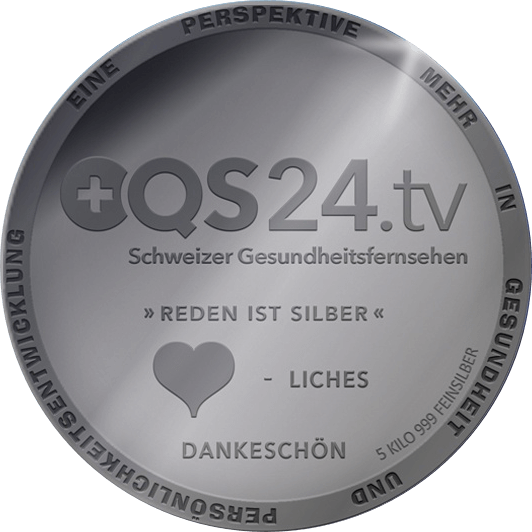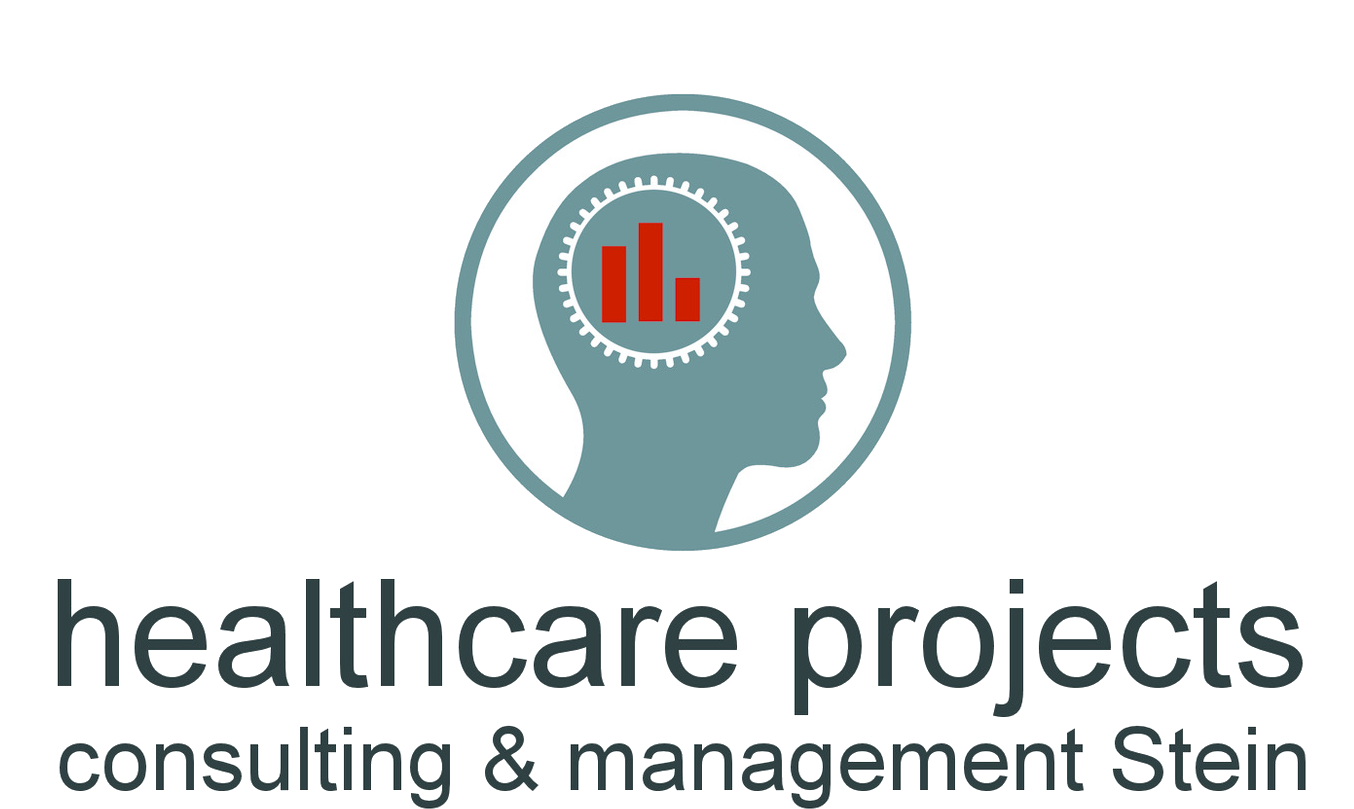The vegetative nervous system (VNS) controls the basic vital functions of the organism, such as metabolism and respiration as well as regulates the cardiovascular system, digestive system, endocrine system, immune system, etc. Also called the autonomic nervous system (ANS), the two main nerves are the sympathetic system, or tense nerves, and the parasympathetic system, or relaxed nerves.
When the tense nerves are subjected to stress and danger, the status switches to alert mode, in which blood pressure and heart rate are increased, and more oxygen is provided to the cells, in order to set the body and psyche in tension. If this tension is relieved by exercise, the alert status will be voided. When the nerves are reset to their normal state, the relaxed, parasympathetic nervous system becomes active. Only when these are activated can processes, such as regeneration, relaxation, repair and energy building be achieved.
In this day and age, professional and personal stressors create tension in the form of anger, frustration, anxiety and stress, which are rarely reduced by physical activity. In some cases, the body is placed into a chronic state of alert mode, during which the natural regulation of vital functions is either restricted or unavailable.
Although in many organs and organ systems, malfunctions are not detectable, the body is already preparing the breeding ground for various dysfunctions such as chronic obstructive diseases, fatigue syndrome, fibromyalgia, asthma, high blood pressure, to name a few. It is only a matter of time before they rise to the surface to indicate an imbalance or become symptomatically clear.
Using this analysis of the nervous system, the dysregulation of the autonomic nervous system can be detected. The benefits of this pioneering diagnosis now occupy more than 13,000 studies worldwide. Without this diagnostic, only the functional diagnosis of the subordinate systems remains, including blood tests, ECG, lung function, blood pressure, etc.
VNS analysis is recommended for the following indications:
- Mental and physical stress
- Cardiovascular problems
- Burn-out, CFS, or fibromyalgia
- COPD, chronic bronchitis, or asthma
- Diabetes, or metabolic syndrome
- Pregnancy
- Chronic pain or diseases
- Sleep disorders
- Obesity and overweight
- Before and after surgery
- Disease prevention




